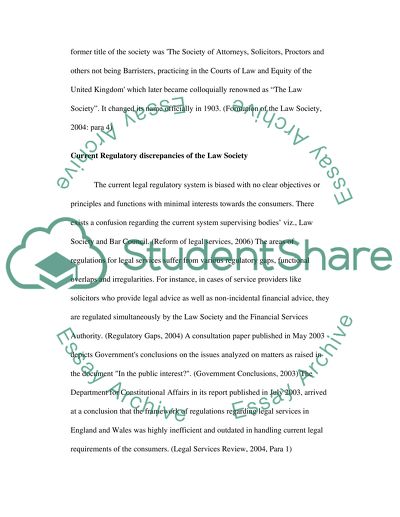Cite this document
(“Law Society Essay Example | Topics and Well Written Essays - 1750 words”, n.d.)
Retrieved from https://studentshare.org/law/1502155-law-society
Retrieved from https://studentshare.org/law/1502155-law-society
(Law Society Essay Example | Topics and Well Written Essays - 1750 Words)
https://studentshare.org/law/1502155-law-society.
https://studentshare.org/law/1502155-law-society.
“Law Society Essay Example | Topics and Well Written Essays - 1750 Words”, n.d. https://studentshare.org/law/1502155-law-society.


